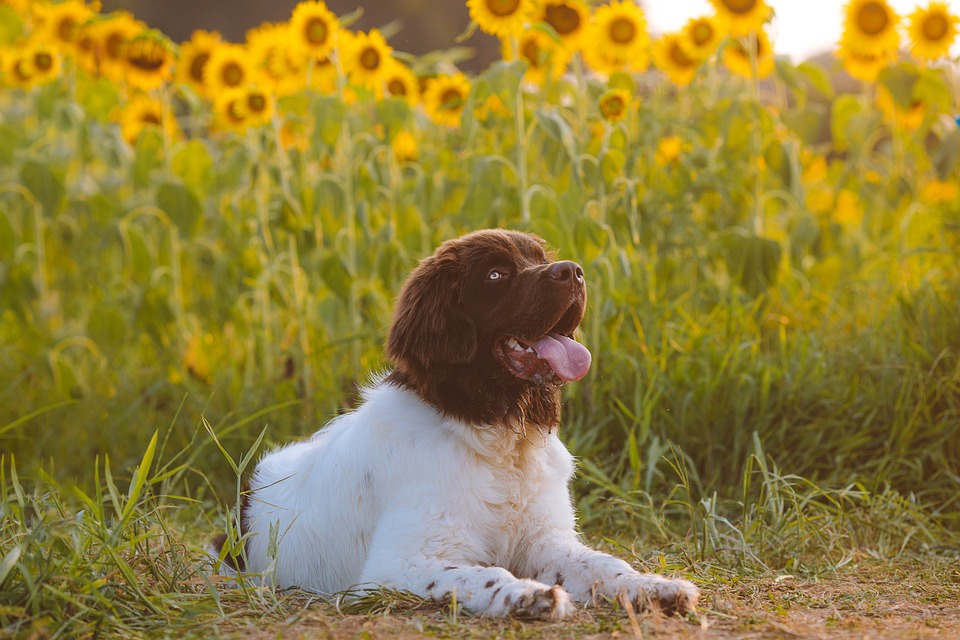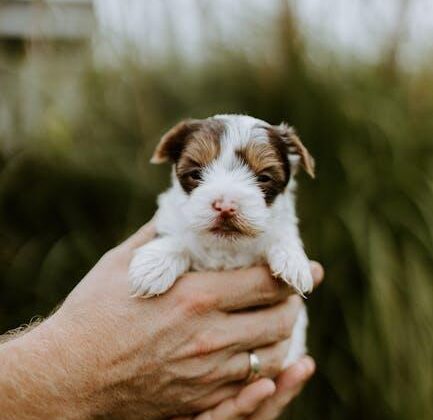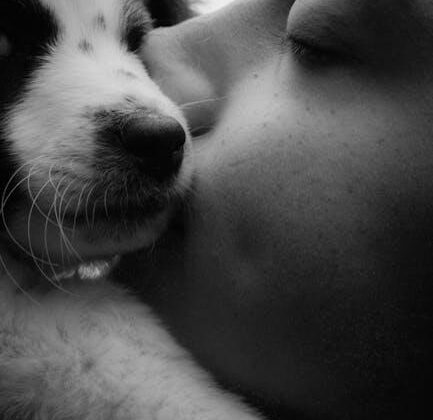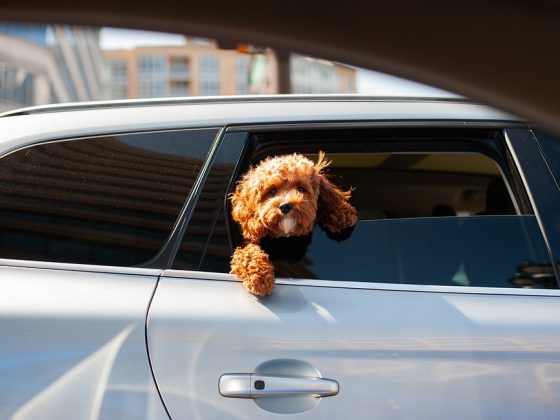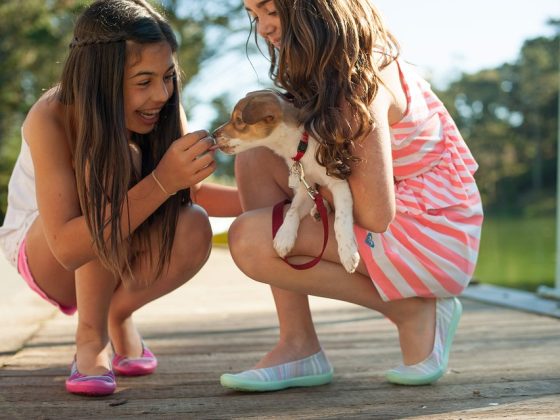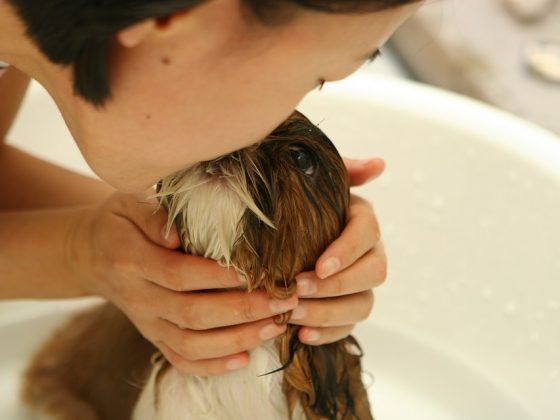Welcoming a new puppy into your home is an exciting and joyful experience. However, it also comes with a great deal of responsibility. As a new puppy parent, it is important to ensure that your furry friend receives the proper care and attention they need to grow into a happy, healthy pup. To help you navigate the world of puppy care, we have put together a comprehensive checklist that covers the essential aspects of caring for your new four-legged family member.
1. Veterinary Care:
The first item on your puppy care checklist should be scheduling a visit to the veterinarian. Your vet will conduct a thorough physical examination, administer necessary vaccinations, and provide advice on nutrition, grooming, and training. It is important to establish a regular check-up schedule to monitor your puppy’s health and well-being throughout their life.
2. Nutrition:
Proper nutrition is essential for your puppy’s growth and development. Choose a high-quality puppy food that is specifically formulated for their age, breed, and size. Be sure to follow the feeding guidelines provided on the package and monitor your puppy’s weight to ensure they are maintaining a healthy body condition. Additionally, always provide access to fresh, clean water to keep your pup hydrated.
3. Training:
Training is an important part of raising a well-behaved and well-adjusted pup. Start with basic obedience training such as potty training, crate training, and leash training. Use positive reinforcement techniques like treats and praise to encourage good behavior and be patient and consistent in your efforts. Consider enrolling your puppy in a formal training class to help them socialize with other dogs and learn valuable skills.
4. Exercise:
Regular exercise is vital for your puppy’s physical and mental well-being. Take your pup on daily walks, play games like fetch and tug-of-war, and provide stimulating toys to keep them active and entertained. Be mindful of your puppy’s age and energy level when planning exercise routines, and avoid overexerting them, especially in extreme weather conditions.
5. Grooming:
Grooming is an essential aspect of puppy care that helps maintain their appearance and overall health. Brush your puppy’s coat regularly to prevent matting and remove loose fur, trim their nails to prevent overgrowth, clean their ears to prevent infections, and brush their teeth to maintain good oral hygiene. Establish a grooming routine early on to help your puppy become accustomed to the process.
6. Socialization:
Socialization plays a crucial role in shaping your puppy’s behavior and temperament. Expose them to different people, animals, environments, and experiences to help them develop confidence and adaptability. Encourage positive interactions with others and provide plenty of opportunities for socialization to help your pup become a well-rounded canine companion.
7. Parasite Prevention:
Parasites like fleas, ticks, and worms can pose a threat to your puppy’s health. Use preventive medications recommended by your veterinarian to protect your pup from external and internal parasites. Keep your pup’s environment clean and regularly check them for signs of infestation, such as itching, redness, or loss of appetite.
8. Identification:
It is important to ensure that your puppy can be easily identified in case they become lost or separated from you. Consider microchipping your puppy for permanent identification, and make sure they wear a collar with an ID tag that includes your contact information. Keep these forms of identification up-to-date to increase the chances of reuniting with your pup if they ever go missing.
FAQs:
Q: How often should I take my puppy to the veterinarian?
A: It is recommended to schedule regular veterinary check-ups every 6-12 months, depending on your puppy’s age and health status. Your vet will advise on the appropriate frequency of visits based on your pup’s needs.
Q: When should I start training my puppy?
A: It is never too early to start training your puppy. Begin basic obedience training as soon as you bring them home, and continue to reinforce good behavior throughout their life.
Q: How much exercise does my puppy need?
A: The amount of exercise your puppy needs will vary depending on their age, breed, and energy level. Generally, puppies require at least 30 minutes to 2 hours of exercise per day to stay healthy and happy.
Q: How do I introduce my puppy to new people and animals?
A: Introduce your puppy to new people and animals gradually and in a controlled environment. Use positive reinforcement techniques to encourage good behavior and monitor their reactions to ensure they feel safe and comfortable.
In conclusion, caring for a new puppy requires time, effort, and dedication. By following this essential puppy care checklist, you can ensure that your furry friend receives the best possible care to grow into a happy, healthy pup. Remember to consult with your veterinarian for personalized advice and guidance on meeting your puppy’s individual needs. With proper care and attention, your new pup will thrive and bring joy to your life for years to come.

